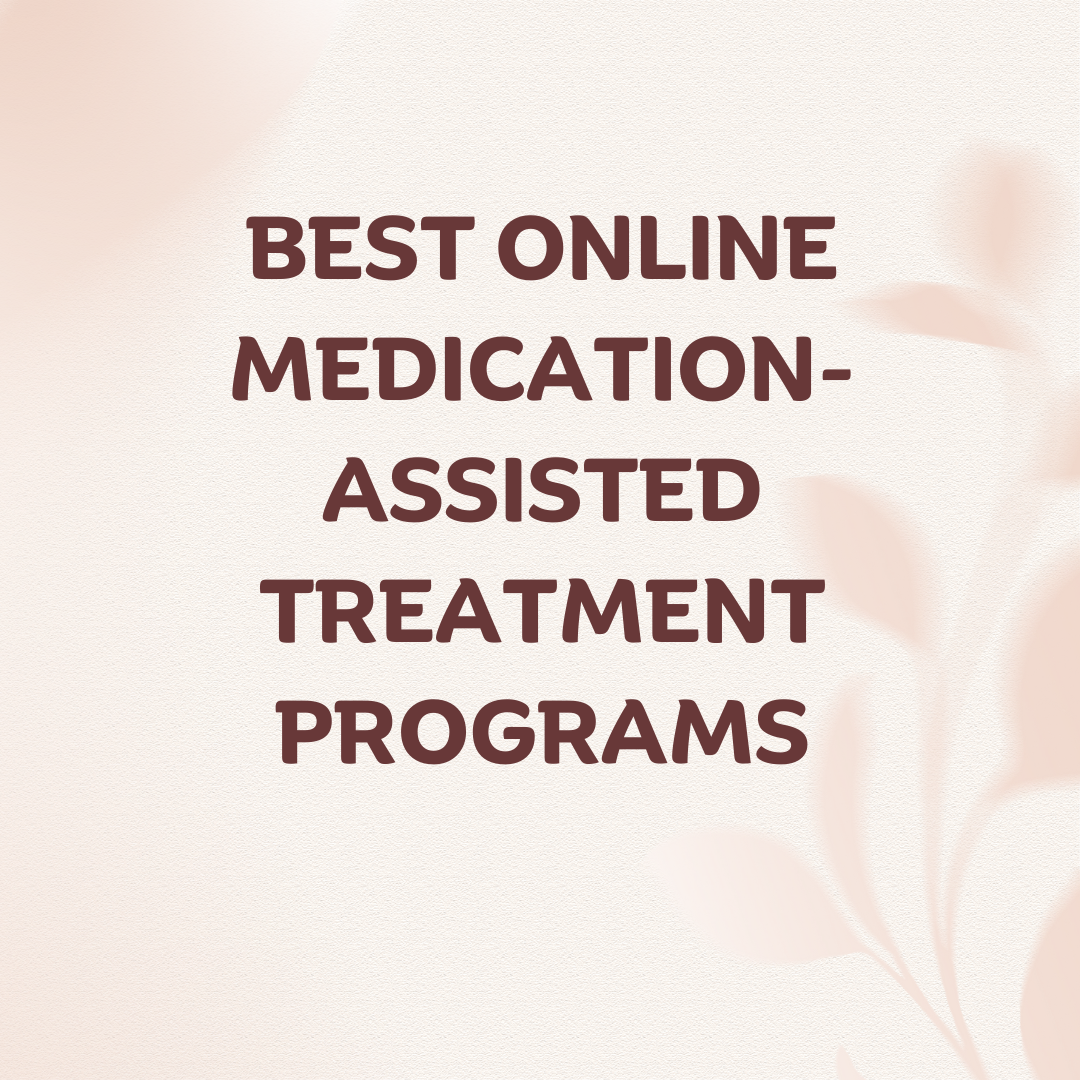Like other drug overdoses, alcohol poisoning is a life-threatening condition caused by consuming too much of the substance in too short of a time. With alcohol poisoning, the high levels of the drug in the body overwhelm the system to cause a variety of mental and physical effects. Learning about the symptoms and treatments can help avoid the unwanted outcomes of alcohol poisoning.
Ria Health: Effective, Evidence-Based Alcohol Treatment 100% Online Quickly change your relationship to alcohol with our at-home program. On average, Ria Health members reduce their BAC levels by 50% in 3 months in the program. Services are covered by many major health plans. Visit Ria Health
Signs & Symptoms of Alcohol Poisoning
The signs and symptoms of alcohol poisoning can be challenging to separate from those of alcohol intoxication. Some people have plenty of warning that they are entering a dangerous zone, while others may be completely caught off guard by the onset of symptoms.
Symptoms of alcohol poisoning include:1
- Being confused and disoriented
- Feeling extremely sleepy and struggling to stay awake
- Slowed or irregular breathing
- Slowed heart rate
- Pale skin
- Issues with balance and coordination
- Slowed reaction time
Signs of more serious cases of alcohol poisoning are:
- Very low body temperature
- Bluish skin
- Seizures
- Choking on vomit
- Unable to breathe
- Falling unconscious
- Stopped breathing
- Cardiac arrest
With the serious complications of alcohol poisoning, people must be sure to take quick action. Even a few moments of cardiac arrest or stopped breathing can result in severe outcomes. Never hesitate to get help for yourself or a loved one in need. Quick action could save a life.2
What Causes Alcohol Poisoning?
Alcohol poisoning is caused by a person having too much alcohol in the blood. As people drink alcohol, it is absorbed by the stomach into the bloodstream. The liver works to break down and remove the alcohol from the blood, but when someone drinks more than the liver can handle, the level of alcohol in the blood increases quickly.
Blood alcohol concentration (BAC) is the measure of alcohol in the body. Higher levels of BAC equal greater impairment and higher risk of alcohol poisoning.1,3
Each BAC level is associated with its own symptoms:1,3
- BAC between 0.0 and 0.05%: At this range, a person will experience a state of mild impairment with their speech, memory, attention, coordination, and balance. Here, a person will experience most of the wanted effects of alcohol use, like relaxation and calm feelings.
- BAC between 0.06 and 0.15%: In the increased impairment phase, the wanted effects decrease and intoxication begins. Speech, coordination, and balance worsen.
- BAC between 0.16 and .3%: This range moves to severe impairment. Decision-making is flawed with a greater risk of blackouts, vomiting, and a loss of consciousness.
- BAC above 0.31%: At this level, there is serious danger of death and disability. Vital life functions are depressed, so breathing and heart rate are disturbed.
A tricky aspect of BAC is that it can continue to rise even when someone stops drinking. Since it takes time for alcohol to move from the stomach to the bloodstream, BAC can increase well after the last drink.1
What Happens in the Body With Increased BAC?
Alcohol is a depressant, which means it slows down functioning in the body and brain. When breathing or heart rate slows, organs in the body cannot get enough needed oxygen.
Alcohol poisoning is a serious concern with about 2,200 people dying each year from alcohol poisoning. People may think alcohol poisoning is an issue for younger people, but most people who die are between the ages of 35 and 64.4
Help for Alcohol Use Ria Health: Effective, Evidence-Based Alcohol Treatment 100% Online Quickly change your relationship to alcohol with our at-home program. On average, Ria Health members reduce their BAC levels by 50% in 3 months in the program. Services are covered by many major health plans. Visit Ria Health Recovery.com – Find the best local detox or rehab center covered by your insurance. Search our unbiased and thorough list of the best mental health and addiction treatment centers. Read reviews. Start Your Search Want to drink less? Sunnyside helps you ease into mindful drinking at your own pace. Think lifestyle change, not a fad diet. Develop new daily routines, so you maintain your new habits for life. Take a 3 Minute Quiz
Alcohol Poisoning Risk Factors
Risk factors will determine who is at greatest risk of experiencing dangerous consequences from alcohol poisoning. Alone, any of these risk factors can lead to negative outcomes, but having more than one can be deadly.
Risk factors that may contribute to alcohol poisoning include:
- Sex: Men are at greater risk of alcohol poisoning. 76% of people who die from alcohol poisoning are men.4
- Age: Rates of alcohol poisoning greatly increase at age 35 with the highest rates between 45 and 54 years old.4
- Size and weight: Smaller people will see their BAC increase more rapidly, which increases risk of poisoning.2
- Previous food consumption: When a person has food in their stomach, it slows the absorption into the bloodstream. With an empty stomach, the alcohol is increased more rapidly.2
- Rate and amount of alcohol consumption: Drinking quickly increases the risk because it overwhelms the liver and slows the breakdown of alcohol.2
- Type of alcohol: Drinking high proof alcohol can increase BAC rapidly, especially when someone is not used to higher potency alcohol.2
- Previous drinking experience. People who have not consumed much alcohol in the past could be at greater risk due to less familiarity with the effects of alcohol.1
How to Help Someone Experiencing Alcohol Poisoning
Alcohol poisoning is a medical emergency that will require professional medical intervention. There are things you can do to help, but your assistance should always start with calling 911.
After calling 911, other steps to take to help someone experiencing an alcohol overdose include:
- Stay with them: Never leave a person experiencing an alcohol overdose alone. They will need your help and support.2
- Keep them awake: Helping them stay conscious will help their ability to communicate and recover.5
- Keep them warm: Getting too cold is a risk with alcohol poisoning. Offer a coat or blanket to add warmth.3
- Prevent choking: Vomiting is a real risk with alcohol intoxication. Help keep them on their side, so they do not choke.3
- Offer them water: As long as they can drink and swallow, offer water. Staying hydrated is essential to processing the alcohol.3
- Prevent additional drinking: Adding more alcohol here will only worsen the situation, no matter how much they ask for it.5
Treating Alcohol Poisoning
Treating alcohol poisoning can only be properly completed under the care of emergency medical professionals. At-home remedies, like strong coffee and cold showers, can worsen symptoms.5
Depending on the level of alcohol poisoning, professionals will:3,5
- Provide IV fluids
- Offer oxygen through a mask
- Pump stomach contents
- Filter the blood to remove toxins
Ria Health: Effective, Evidence-Based Alcohol Treatment 100% Online Quickly change your relationship to alcohol with our at-home program. On average, Ria Health members reduce their BAC levels by 50% in 3 months in the program. Services are covered by many major health plans. Visit Ria Health
Complications from Alcohol Poisoning
Alcohol poisoning can result in many unwanted complications in the short- and long-term. These challenges can be acute or chronic in nature.
Severe complications of alcohol poisoning include:2,5
- Choking: Alcohol use can cause vomiting while also reducing the gag reflex.
- Severe dehydration: When a person is vomiting, they could lack the fluids needed to maintain body systems.
- Stopped breathing: Vomit can be inhaled into the lungs and interrupt breathing.
- Seizures: A drop in blood sugar from drinking can produce a seizure.
- Irregular heartbeat: Alcohol can disrupt the electrical signals in the heart, causing an irregular heartbeat or loss of heartbeat.
- Brain damage: Brain damage can occur from decreased oxygen in the brain.
- Death: The most serious complication of alcohol poisoning is death, usually from cardiac or respiratory issues.
Recovery from Alcohol Poisoning
With quick action, recovery from alcohol poisoning is possible. During recovery, the person could feel tired, achy, and weak. They should take the needed time to recover and learn from the actions that led to poisoning to prevent future incidents.
Preventing Alcohol Poisoning
Abstinence will prevent alcohol poisoning.
But, for those who drink, a few steps can improve safety:2,3
- Not drinking in combination with other drugs or medications
- Eating well before drinking
- Not playing drinking games
- Drinking water between alcoholic drinks
- Communicating with friends and loved ones about drinking
- Avoiding drinks mixed by others
- Avoiding alcohol combined with energy drinks
Ria Health: Effective, Evidence-Based Alcohol Treatment 100% Online Quickly change your relationship to alcohol with our at-home program. On average, Ria Health members reduce their BAC levels by 50% in 3 months in the program. Services are covered by many major health plans. Visit Ria Health
Treating Alcohol Addiction
Someone does not have to have an alcohol use disorder (AUD) to experience alcohol poisoning, but alcoholism can increase the risk. To avoid future harms, addiction and alcohol dependence will need professional treatment.
Treatment for alcohol use disorder should involve a multifaceted approach, including:6
Therapy and Support Groups
The benefits of therapy are countless when someone has an alcohol use disorder. Therapy can help uncover why a person drinks and how mental health interacts with substance use. Finding the right therapist may be easier with the help of an online therapist directory.
Support groups can help complement the positive effects of professional therapy services. By gaining information from others in recovery and forming connections with others, support groups can create positive change.
Therapies for managing binge drinking disorder and alcohol use disorder include:
- Cognitive behavioral therapy (CBT): CBT focuses on connecting thoughts, feelings, and behaviors while building coping skills.
- Dialectical behavior therapy (DBT): DBT focuses on emotional regulation, distress tolerance, mindfulness, and communication to avoid alcohol.
- Eye movement desensitization and reprocessing (EMDR): EMDR may not directly address AUD, but if someone has trauma fueling their addiction, this therapy can address that influence.
- Contingency management (CM): Professionals will offer rewards in the form of money and prizes for recovery-focused behaviors.
- Motivational interviewing/ motivation enhancement therapy (MI/ MET): This treatment helps to create internal drive for recovery by resolving ambivalence about substance use.
Intensive Outpatient Treatment
Therapy can take place at various levels of intensity with intensive outpatient treatment, often called intensive outpatient program (IOP), being a viable option. Here, the person attends multiple hours of treatment several days each week focused on recovery.
This level of care could last for several weeks or many months.Fortunately, most insurance plans will fully cover the cost for IOP.
Rehab
The term rehab can apply to numerous treatment options for AUD. Rehabs might be residential treatment programs that require the person to live at the treatment center, or they could be outpatient programs that permit people to work and sleep at their home. Any professional treatment dedicated to recovery could be called rehab.
One of the most significant concerns is choosing inpatient vs. outpatient rehab, but this is not a decision anyone has to make on their own. Receiving a thorough evaluation from a mental health or addiction professional will help guide the process.
No matter the form of care, treatment will include a focus on relapse prevention. Making a relapse prevention plan can help someone stay in recovery, even when triggers and cravings are strong.
In My Experience
In my experience, alcohol poisoning is a serious concern that catches many people by surprise. Alcohol poisoning tends to sneak up on people as no one sets out to end their night with a trip to the emergency department.
Staying hydrated while drinking in moderation is key here. Also, make a plan with friends about drinking levels and signs of danger to help one another if problems arise. Prevention, understanding the warning signs, and quick care can ensure everyone gets home safely.
To help our readers take the next step in their mental health journey, Choosing Therapy has partnered with leaders in mental health and wellness. Choosing Therapy is compensated for marketing by the companies included below. Alcohol Treatment – Cut Back or Quit Entirely Ria Health – Quickly change your relationship to alcohol with our at-home program. On average, members reduce their BAC levels by 50% in 3 months in the program. Services are covered by many major health plans. Visit Ria Health Drinking Moderation Sunnyside – Want to drink less? Sunnyside helps you ease into mindful drinking at your own pace. Think lifestyle change, not a fad diet. Develop new daily routines, so you maintain your new habits for life. Take a 3 Minute Quiz Detox or Rehab Center Covered by Insurance Recovery.com – Find the best local detox or rehab center covered by your insurance. Search our unbiased and thorough list of the best mental health and addiction treatment centers. Read reviews. Start Your Search Treatment for Mental Health Conditions That Coexist With SUD Talkiatry – Get help from a doctor who can treat the mental health conditions that commonly lead to or coexist with substance use disorders. Take our online assessment and have your first appointment in days. Take Assessment Addiction Newsletter A free newsletter for those impacted by addiction. Get helpful tips and the latest information. Sign UpAdditional Resources
For Further Reading
- Alcohol Poisoning Drinkaware
- Alcohol Poisoning or Overdose PA.GOV
- Alcohol Overdose/Poisoning – Vaden Health Services Stanford University
- Best Movies About Addiction
- Books About Addiction: Helpful Resources for Self-Improvement
- Best Addiction Recovery Blogs
- Best Addiction Podcasts
- Best Sobriety Apps
- What Is A Borg Drink?
Best Online Medication-Assisted Treatment Programs Online medication-assisted treatment programs are fairly new to the telehealth industry, but existing companies are expanding quickly with new programs emerging every day. It’s important to explore your options and understand the level of virtual care available so you can choose the best addiction treatment program for you.
Best Mindful Drinking Apps If you’re thinking about joining the sober curious movement and you’d like to cut back on drinking, mindful drinking apps are a great place to start. Practicing mindful drinking can take some time, attention, and patience, but with the help of the right app, you can completely transform your relationship with alcohol.










